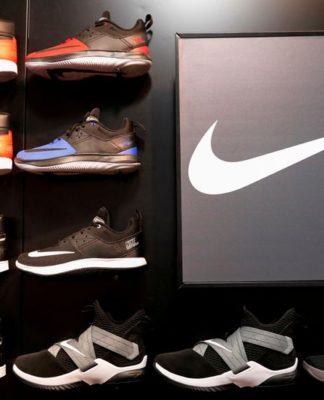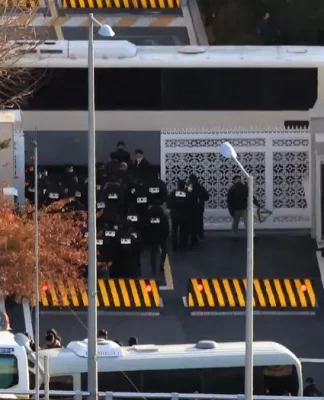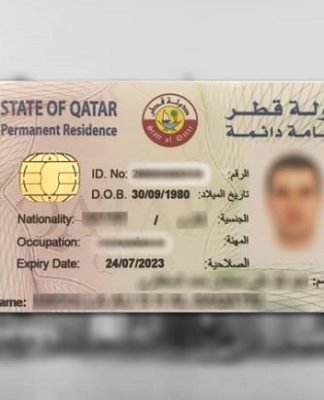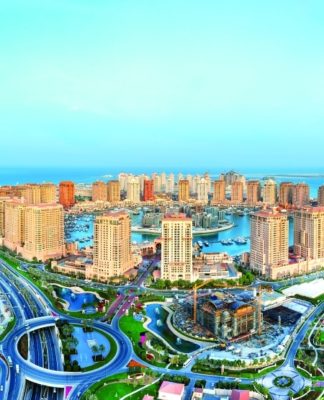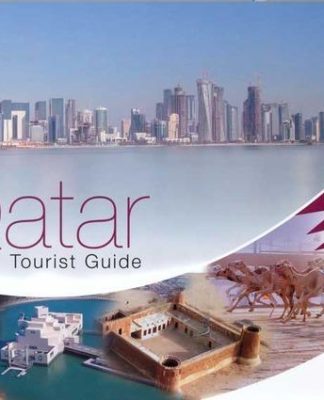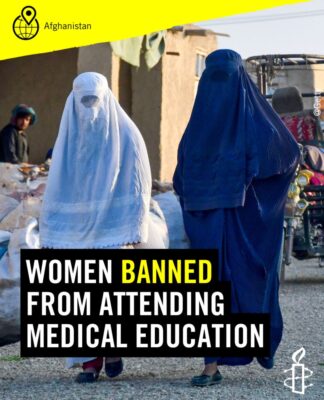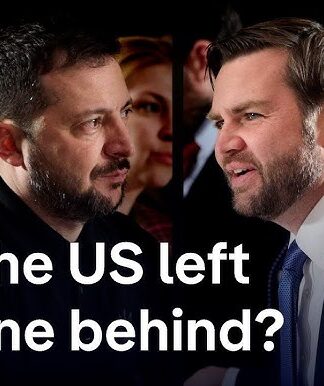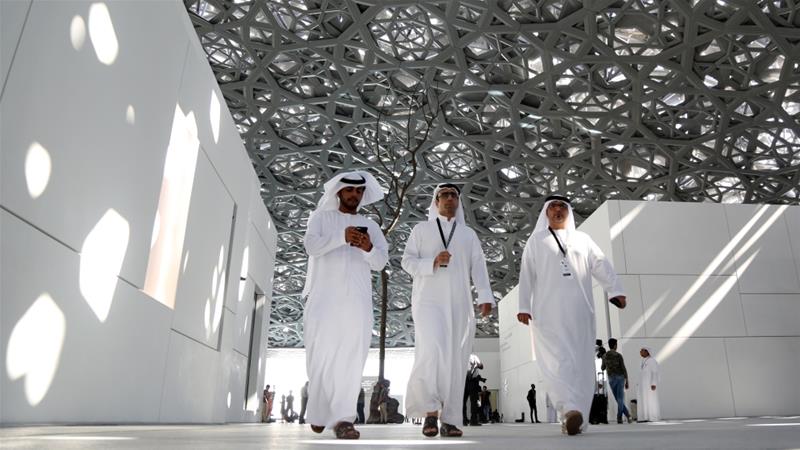
The Louvre Museum in Paris has launched an official investigation into the distortion of the Gulf map at its Abu Dhabi franchise, Qatar’s National Human Rights Committee (NHRC) said.
A map omitting the state of Qatar was published by curators at the Louvre Museum Abu Dhabi last month, sparking controversy.
Museum officials later replaced it with a map of the Arabian Peninsula, admitting “oversight”.
Another map appeared to have removed the border demarcation between the United Arab Emirates (UAE) and the Omani enclave of Musandam.
NHRC chairman Ali bin Smaikh al-Marri, who met the management of Louvre in the French capital on Monday, said the issue will be raised by French officials due to visit UAE next week.
“The Abu Dhabi authorities’ aggression against the memory, history and culture of the people of the region and the Louvre Abu Dhabi scandal are not just aimed at Qatar, but the world cultural heritage,” said al-Marri in a series of Tweets.
“What happened in the Abu Dhabi scandal was an attempt to wipe out the people and state of Qatar and use art as a tool to settle political scores,” he added.
Al-Marri called on the Louvre management in Paris to take firm measures against “political exploitation” and to protect intellectual and cultural heritage.
‘Geographical deletion’
The controversy comes as a major diplomatic regional dispute has entered its ninth month.
The UAE, Saudi Arabia, Bahrain and Egypt cut ties with Qatar on June 5, accusing it of supporting “terrorism”, an allegation Doha has vehemently denied.
The two maps drew plenty of reaction on social media, with activists accusing the Abu Dhabi museum of deliberately trying to distort the geography of the Gulf.
The Washington Institute’s Simon Henderson reported Qatar‘s omission from the regional map.
“In the children’s section of Abu Dhabi’s new flagship Louvre Museum, a map of the southern Gulf completely omits the Qatari peninsula – a geographical deletion that is probably incompatible with France’s agreement to let Abu Dhabi use the Louvre’s name,” Henderson wrote.
According to images published on social media, another map showed Musandam, an exclave of Oman in the northern tip of the peninsula, as part of the UAE.
Anwar Gargash, the UAE minister of state for foreign affairs, called the distortion a “small mishap” and accused those pointing it out of “looking to create unnecessary controversy”.
The Louvre Abu Dhabi, which took 10 years to build, opened its doors to the public in November last year.
The immense $1bn project was officially inaugurated by French President Emmanuel Macron.
SOURCE: AL JAZEERA NEWS













